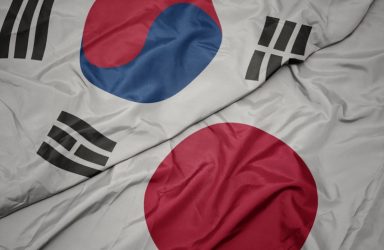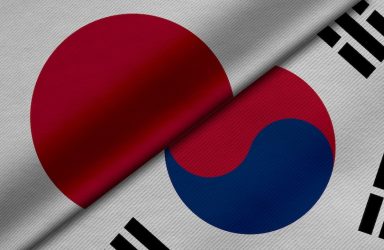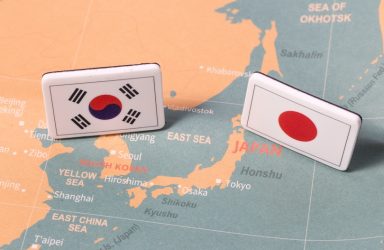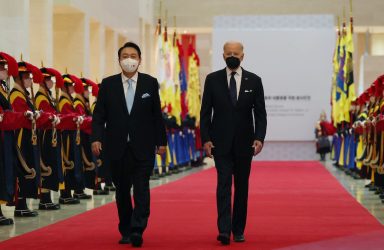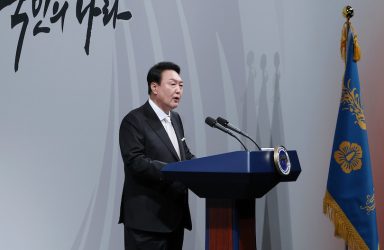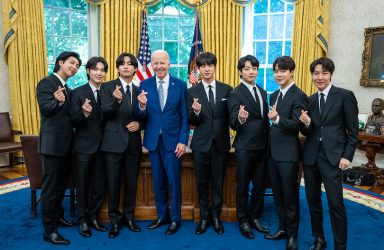Opinion – Toward a Japan-South Korea Alliance Less Reliant on the US
A motivation behind Japanese Prime Minister Ishiba Shigeru’s push for an ‘Asian NATO’ may be developing a security relationship with South Korea.
Opinion – Japan-South Korea Relations: Breaking the Cycle?
As Japan and South Korea share similar values, they would benefit from strengthening bilateral ties.
Opinion – Extending South Korea and Japan’s Joint Development Zone Agreement
A unified, bipartisan, approach will aid in counterbalancing China’s growing influence in the region.
Why are South Koreans So Opposed to Accepting Refugees?
Once South Korea starts to feel the full impact of its declining birth rate, politicians and the public may be more welcoming to refugee resettlement.
Opinion – Seventy Years of Solidarity: The ROK-US Alliance
The US alliance with South Korea will be a security linchpin of the Korean Peninsula and the Indo-Pacific region for the coming decades.
The Danger of Passive Containment and Ignoring North Korea
If stagnation in inter-Korean cooperation is to be bypassed, there needs to be a new approach that goes beyond leveraging economic support for denuclearisation.
Interview – Timothy S. Rich
Timothy Rich talks about recognition of Taiwan, South Korean perceptions of refugees, and the advantages and challenges of collecting public opinion data.
Is South Korea the New Quintessential Representation of Soft Power?
South Korea’s extraordinary ascent is unlikely to be a temporary phenomenon, but the political direction of its soft power is yet to be determined.
Opinion – South Koreans Support Unification, But Do They Support Integration?
Reunification should be conceptualized as not just the end of conflict, but also as the start of new sources of tension.
Interview – Hurricane Kimchi and Ali Zahoor
Hurricane Kimchi and Ali Zahoor talk LGBTQ+ activism and drag art in South Korea and internationally.
